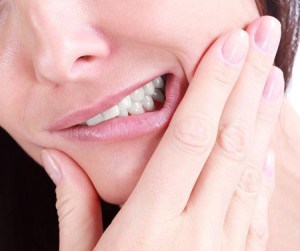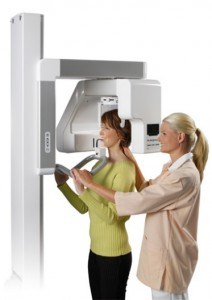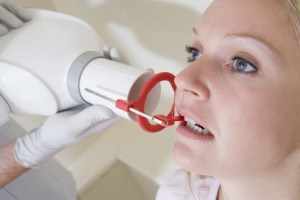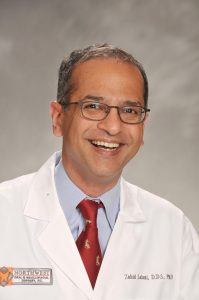
Dr. Zahid Lalani – Memorial Hermann The Woodlands Facial Trauma Team
Following a tragic event and traumatic injury, the proximity and availability of a trauma center can greatly affect patient outcome. In the greater Houston area, there are currently two level I trauma centers – Memorial Hermann Red Duke Trauma Institute and Ben Taub Hospital. A level I trauma center provides total care for every aspect of the most serious injuries from prevention to rehabilitation. The center is required to have in-house 24-hour trauma surgeons and a staff of specialists and sub specialists on call. Many times critical patients will be transferred to a level I center from a level II, III or IV center or emergency room; thus, increasing the time lapsed before appropriate care is administered.
In response to the growing need for a higher-level trauma care in the communities north of the Texas Medical Center, Memorial Hermann The Woodlands Hospital, previously a level III trauma center, has begun providing services to patients as a level II trauma center since summer 2015. As a level II trauma center, Memorial Hermann The Woodlands Hospital will provide 24-hour immediate coverage by general surgeons as well as by specialists in orthopedics, neurosurgery, anesthesiology, emergency medicine, radiology and critical care. In addition, there are sub-specialists on-call who are required to respond to an emergency within a stringent time frame. The goal is to provide immediate and comprehensive care to trauma patients and reduce the burden on level I trauma centers.
The American College of Surgeons recommends that an Oral and Maxillofacial Surgeon be a member of a level I or II trauma team. Dr. Zahid Lalani, a board certified Oral and Maxillofacial Surgeon practicing with Northwest Oral & Maxillofacial Surgery, spearheaded the formation of the facial trauma team with Dr. Bryan Correa, a board certified plastic surgeon. In addition, Dr. Lalani has assumed the responsibility of the on-call Oral and Maxillofacial Surgeon at Memorial Hermann The Woodlands Hospital providing treatment for all types of traumatic facial injuries. “I am pleased to be a part of the expanded team of affiliated physicians covering facial trauma call at the hospital. Oral and maxillofacial surgeons are one of the most qualified specialists to handle serious and complex trauma to the face and jaw. Treatment of facial trauma and reconstructing deformities is my passion. It makes a huge difference for patients when you help them get their identity back after an injury.” Dr. Lalani was elected a Fellow of the American Academy of Craniomaxillofacial Surgeons, having been nominated by his peers in the country for this honor.
For more information about trauma care at Memorial Hermann The Woodlands, visit trauma.memorialhermann.org. For more information about Zahid Lalani, D.D.S., PhD, M.B.A., please visit texasoralsurgery.com.
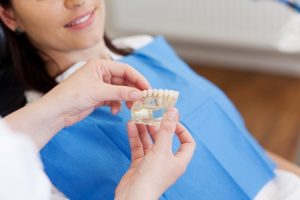
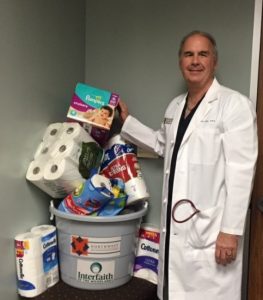
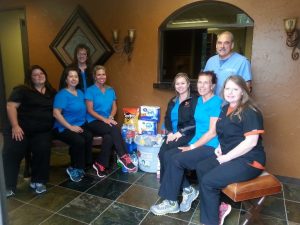
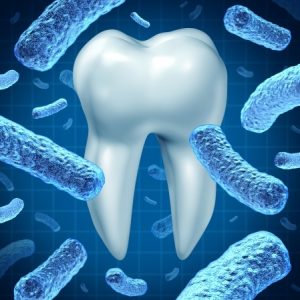
 Have you ever been diagnosed with a dental condition and been prescribed a treatment plan with which you were uncomfortable? If so, did you seek a second opinion? We certainly hope that you did. Second opinions can confirm a diagnosis and provide the reassurance that you need to proceed with treatment. Or, second opinions can offer alternative solutions that are more agreeable to you. Nevertheless, in most cases, if you have doubts about a diagnosis, your intuition may be signaling that something just doesn’t seem right. Trust your instincts and seek another opinion.
Have you ever been diagnosed with a dental condition and been prescribed a treatment plan with which you were uncomfortable? If so, did you seek a second opinion? We certainly hope that you did. Second opinions can confirm a diagnosis and provide the reassurance that you need to proceed with treatment. Or, second opinions can offer alternative solutions that are more agreeable to you. Nevertheless, in most cases, if you have doubts about a diagnosis, your intuition may be signaling that something just doesn’t seem right. Trust your instincts and seek another opinion.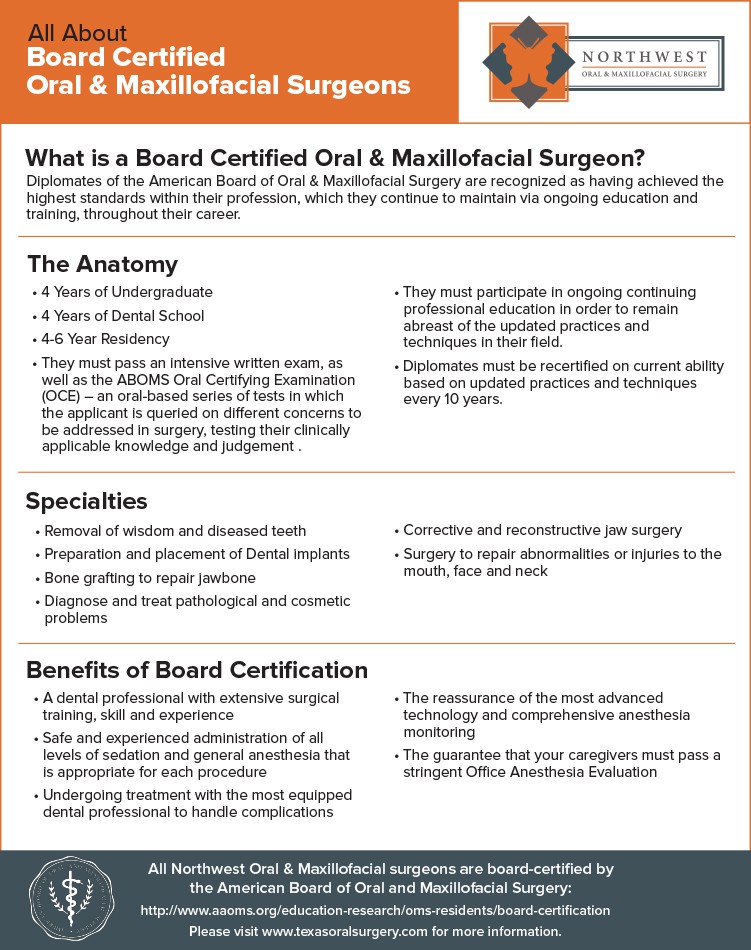
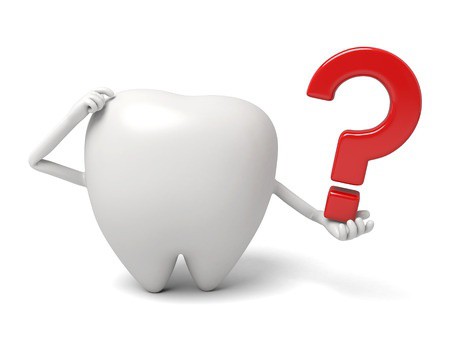 Without a doubt, one of the most frequently asked dental-related questions is, “Should I have my wisdom teeth removed?” According the
Without a doubt, one of the most frequently asked dental-related questions is, “Should I have my wisdom teeth removed?” According the 